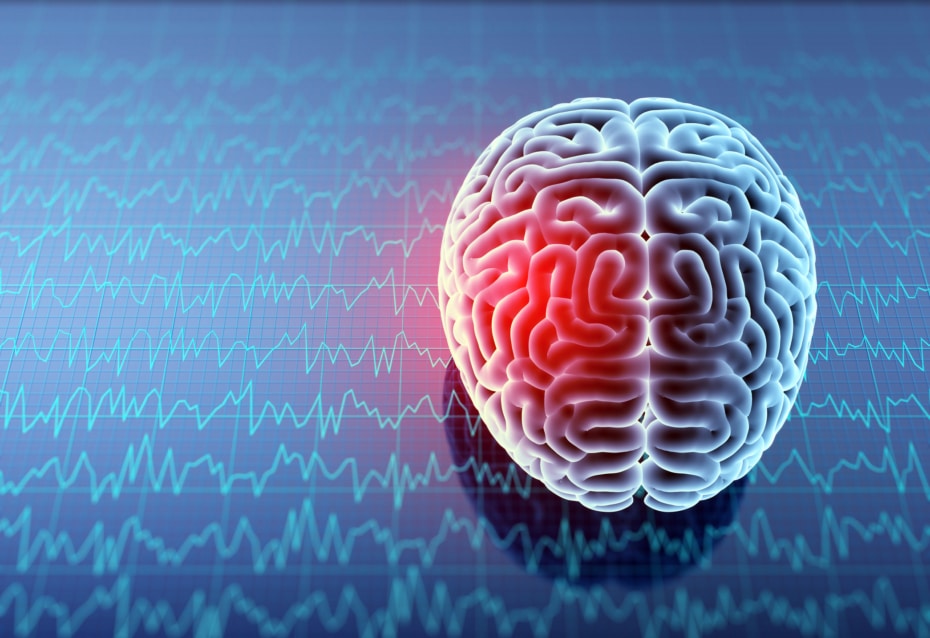Call Us At 519.672.5666
Insights & Articles
Brain Injuries: Unseen But Not Uncommon

Updated as of June 15, 2023.
Traumatic brain injuries can have devastating impacts on the whole family. This is why it is so important to learn about what brain injuries are, how they can happen, how we can prevent them and the broader social impact they can have.
Brain Injury Statistics
- 165,000 Canadians suffer from brain injuries every year.i
- This year in Ontario 795 children out of 100,000 will suffer a brain injury this year.ii
- Brain injuries are the leading cause of death and disability worldwide.iii
- One person every 3 minutes suffers from an acquired brain injury.iv
- That means 1.5 million Canadians are living with a brain injury.v
Top Causes of Traumatic Brain Injuries
Some of the most common causes of traumatic brain injuries are:
- Motor vehicle collisions
- Falls
- Workplace injuries
- Sports related injuries
- Assaults
Symptoms of Traumatic Brain Injuries
- Physical symptoms such as headache, nausea, vomiting, fatigue, speech issues, dizziness
- Sensory symptoms such as blurred vision, tinnitus, sensitivity to light or sound
- Cognitive and behavioural symptoms such as loss of conciseness, being dazed or confused, memory and concentration problems, mood changes, difficulty sleeping, and/or feeling depressedvi
Social Impact of Brain Injuries
Mental Health
According to one study mood disorders were seen in 38.3% of those who suffered from a traumatic brain injury.vii If you or your loved one suffer from a brain injury, there is a significantly higher chance of developing a mood disorder. Half of all people with a TBI are affected by depression in the first year and this rate jumps to two thirds when assessed 7 years after the injury.viii This also comes with increased risk of suicide, even for those who have been diagnosed with a concussion.ix
Incarceration Rates
Studies have shown that those with a traumatic brain injury are 2.5 times more likely to be incarcerated than those who had not sustained such injury.x
Indigenous Community
The indigenous community is disproportionality affected by traumatic brain injuries.xi In fact, brain injuries among this population are approximately 4 times higher than that of the general population.xii
This problem is in part attributed to lack of adequate care and support from the healthcare system in more remote locations.
Homelessness
Research has shown that 50% of homeless people in Canada have a brain injury.xiii It is clear that there is a nexus between mental health, brain injuries and homelessness.
Caregiver Burnout
Caregiver burnout or compassion fatigue is a real and a serious issue for those who are supporting loved ones who have sustained these traumatic injuries. This occurs where the caregiver neglects their own care in favour of supporting their injured loved one. This can and does lead to feelings of overwhelm, fatigue and even hopelessness or depression.xiv
Brain Injury Prevention
The best way to prevent a brain injury is to stay safe. While this may seem like common sense, it is important remember to:
- Always wear your seatbelt
- Do not text and drive
- Ensure car seats for children are properly installed
- Never drive while under the influence of drugs or alcohol
- Wear a helmet when you or your children ride a bike, motorcycle, scooter or ATV
- Wear a helmet during sports
- Ensure helmets are properly fitted
- Ensure there are safe home environments for children and elderly
- Ensure kids play areas are safe
- Install window guards in your home to prevent falls
- Use stair gates for children
Advocating for Your Legal Rights
Cases involving traumatic Acquired Brain Injuries require an experienced team that consists of both medical and legal professionals to ensure the injured person receives the treatment they need. Please contact a personal injury lawyer today for a free initial consultation by email or by phone at (519) 672-5666. Catherine works in both our Guelph Ontario and London Ontario office. In many cases, your legal fees are deferred until a settlement is reached. We welcome referrals from other lawyers.
This article was written by Personal Injury Lawyer, Catherine Shearer and Summer Student, Lydia Horton. For additional information, please do not hesitate to contact catherine.shearer@mckenzielake.com or lydia.horton@mckenzielake.com.
If you require assistance with any legal matter, speak to a lawyer at McKenzie Lake Lawyers LLP by calling (519) 672-5666.
i https://braininjurycanada.ca/en/statistics/#TBI
ii https://biad.ca/about-brain-injury/
iii https://biad.ca/about-brain-injury/
iv https://braininjurycanada.ca/en/statistics/#TBI
v https://braininjurycanada.ca/en/statistics/#TBI
vi https://www.mayoclinic.org/diseases-conditions/traumatic-brain-injury/symptoms-causes/syc-20378557
vii https://braininjurycanada.ca/en/statistics/#TBI
viii https://braininjurycanada.ca/en/statistics/#TBI
ix https://braininjurycanada.ca/en/statistics/#TBI
x https://braininjurycanada.ca/en/statistics/#TBI
xi https://braininjurycanada.ca/en/statistics/#TBI and https://www.ncbi.nlm.nih.gov/pmc/articles/PMC4933602/
xii https://www.ncbi.nlm.nih.gov/pmc/articles/PMC4933602/
xiii https://braininjurycanada.ca/en/statistics/#TBI and https://www.homelesshub.ca/sites/default/files/attachments/2.6%20Hwang%20et%20al.%20-%20Traumatic%20Brain%20Injury.pdf
xiv http://my.clevelandclinic.org/health/diseases/9225-caregiver-burnout

